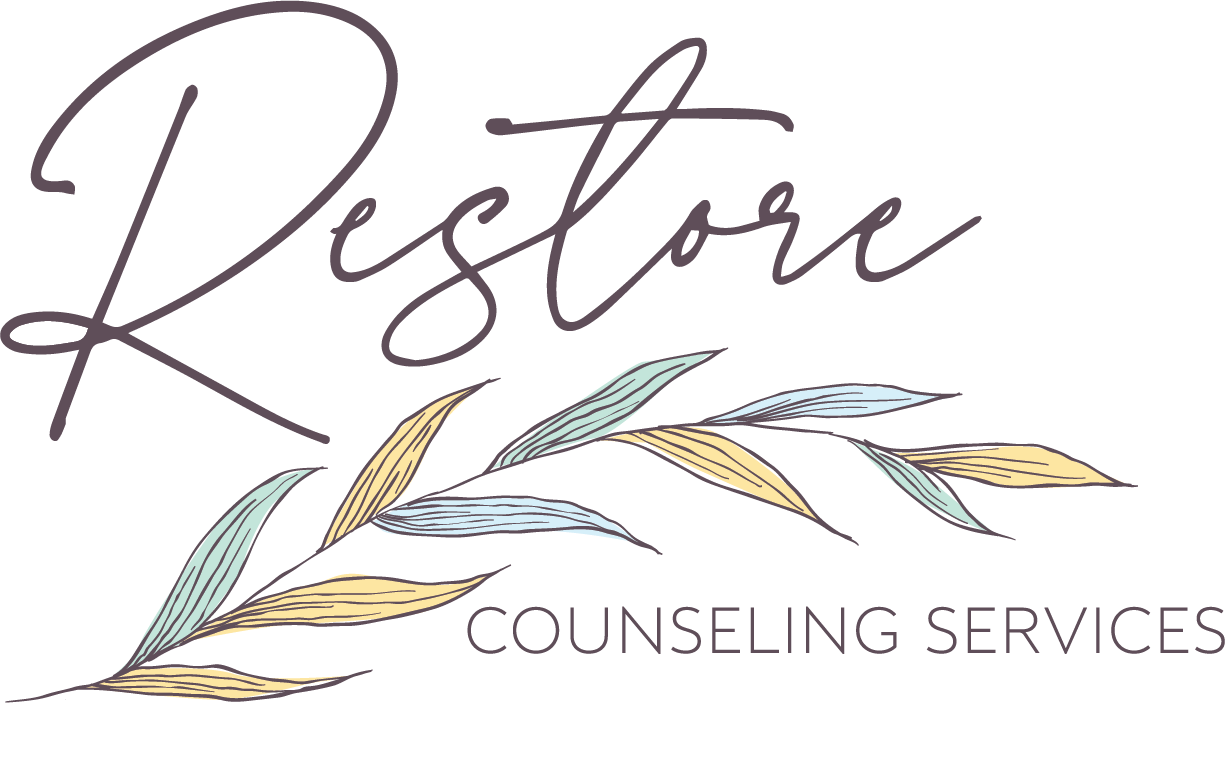The Double-Edged Scroll: How Social Media Affects Young People
Social media is embedded in daily life—it connects, entertains, and teaches us. For young people, it’s a platform to express themselves and find community, but it may also trigger anxiety, drain energy, or lead to feelings of inadequacy.At Restore Counseling Services, we help teens and young adults manage social media’s challenges. With the right habits, you can benefit from social media without harming your mental health.
The Positive Side of Social Media

1. Connection & Community
Whether it’s friends across town or people around the world, social media can help young people feel less alone. For teens exploring their identity or facing challenges, finding “people like me” online can be incredibly validating.
2. Self-Expression & Creativity
From TikTok dances to Instagram art posts, social media gives you a space to show the world who you are. Sharing your creativity can boost confidence and help you express yourself in ways that feel authentic.
3. Mental Health Awareness
Many young creators and therapists (like Restore Counseling Services!) use social media to talk about mental health. Following accounts that normalize asking for help can make it easier to reach out when you need support.
4. Inspiration & Learning
Social media can be a great place to discover new ideas, learn skills, or find motivation. Following the right accounts can actually lift your mood and encourage personal growth.
The Challenges of Social Media
1. Comparison & Self-Esteem
Remember, people usually post their highlights, not the full picture. Seeing only the “perfect moments” can make anyone feel like they don’t measure up. Over time, this can affect your self-esteem.
2. Anxiety & FOMO (Fear of Missing Out)
Scrolling through friends’ adventures or influencer lifestyles can make you feel like you’re missing out. This “scrolling pit” of comparison can contribute to anxiety and stress.
3. Cyberbullying & Online Pressure
Negative comments, harassment, or the pressure to get likes can be emotionally exhausting and can affect your mood.
4. Sleep & Focus Issues
Late-night scrolling and constant notifications can interfere with sleep and concentration, leaving you feeling tired and distracted during the day.
Tips for Healthy Social Media Use

Just as healthy diets nurture our physical well-being, information we consume via social media should nurture our mental well-being. The goal isn’t to quit social media; it’s to use it in ways that support your mental health. Try these ideas:
- Curate your feed: Follow accounts that inspire you, make you feel understood, or teach you something new.
- Set boundaries: Take breaks from screens, especially before bed. Consider “scroll-free” mornings or weekends.
- Check in with yourself: Notice how you feel after scrolling — energized, connected, or drained? Use that insight to guide your habits.
- Connect offline: Real-world friendships, hobbies, and experiences are irreplaceable. Make time for them.
A Note from the Restore Counseling Team
If social media often leaves you feeling anxious, isolated, or insecure, you’re not alone — and you don’t have to face it alone. Talking about your relationship with social media in therapy can help you:
- Build healthier habits
- Strengthen self-esteem
- Find balance in a digital world.
At Restore Counseling Services, we help teens and young adults navigate the emotional ups and downs of social media. We support overall well-being — online and offline.
Ready to start the conversation?
Reach out to schedule a session or learn more about our services for teens and young adults. Together, we can turn social media from a stressor into a source of connection and creativity.
